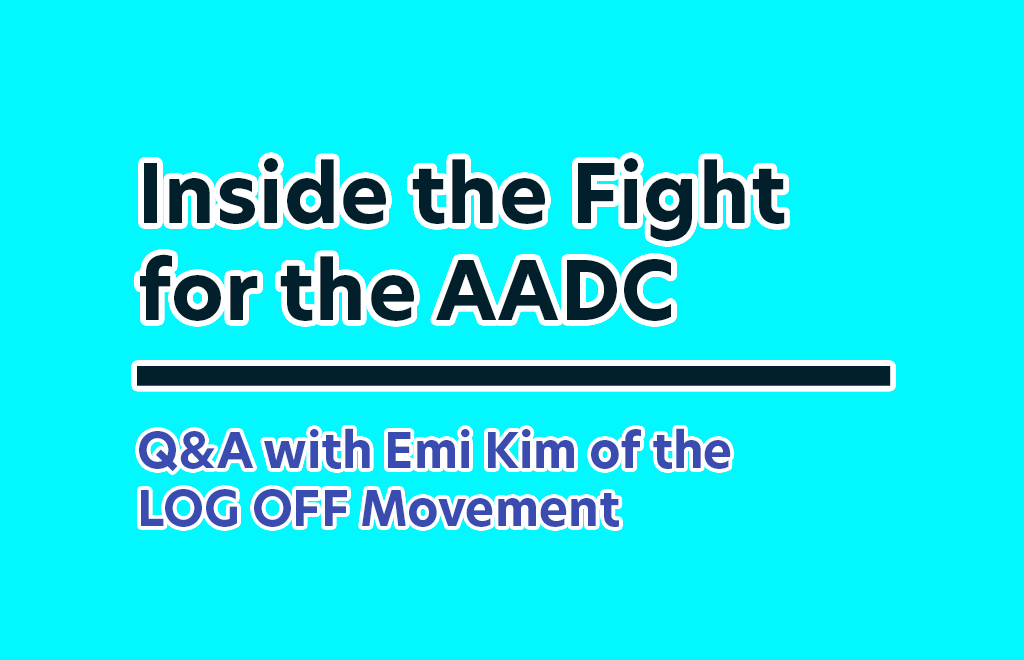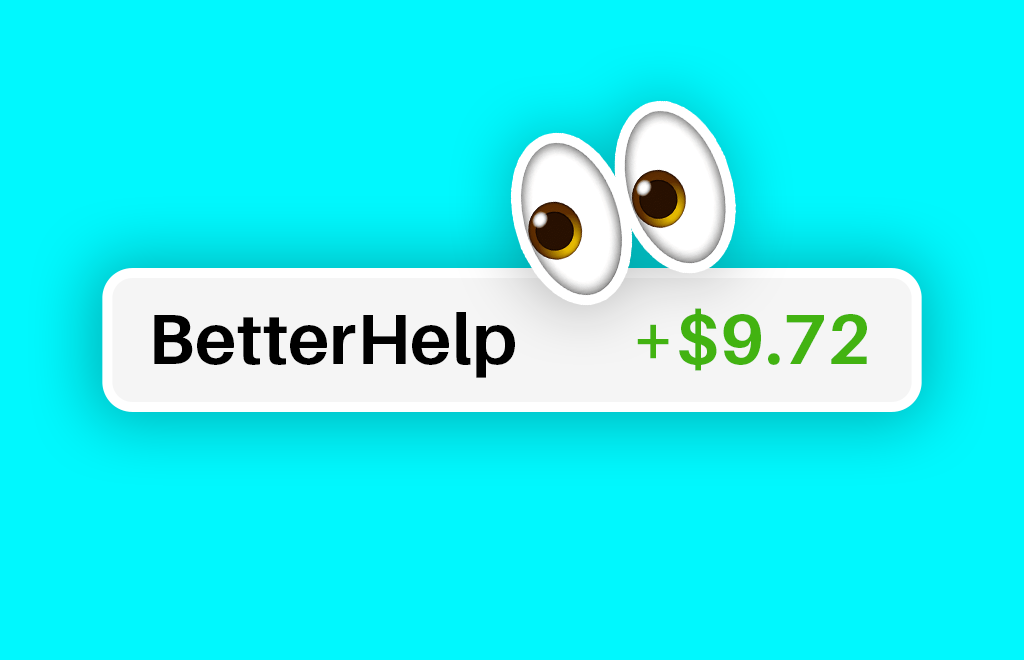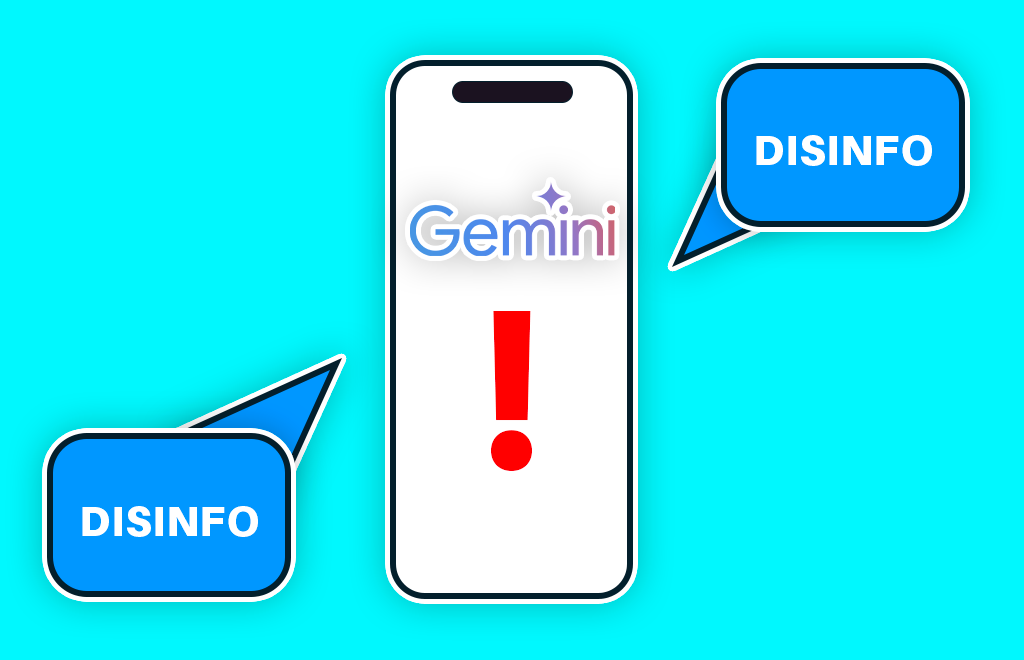On Thursday, September 15, 2022, California Governor Gavin Newsom signed the Age Appropriate Design (AADC) Code into law. This first-of-its-kind legislation will protect kids online by design and by default. Under this new law, online platforms which are “likely to be accessed by children” must meet design standards that limit the collection of personal information and require high levels of privacy settings. This is a groundbreaking measure to protect the safety of children and teens online. California’s leadership in protecting kids online sends a strong and clear message to lawmakers here and abroad that we can take on Big Tech – and win.
Over the past months, we’ve worked with a broad array of groups to get this historic bipartisan bill over the finish line, including the LOG OFF Movement, who we partnered with on the launch of the Design It For Us campaign to elevate youth stories and experiences. From lobbying to sharing their stories, LOG OFF’s involvement was critical to the passage of the bill. We spoke with Emi Kim, Head of Public Relations and Director of Legislative Efforts of the LOG OFF Movement, about her experience advocating for the passage of AADC.
What was your experience with social media and how did that lead you to become involved in the fight for an Age Appropriate Design Code?
My experience was rocky at first. I got my first phone in the 6th grade, and I downloaded Instagram shortly after. I was one of the last kids in my class to get a phone and social media. When I started following my classmates and friends, I found photos of me on other people’s profiles calling me fat, stupid, degrading my clothes, grades, and backpack, and talking about the size of my chest and how I speak. I was called a monster, unlovable, and “it” replaced any pronouns. Simply put, I was cyberbullied without my knowledge for months, and no one told me. In high school, I was in a YouTube video about teenagers who are pro-social media vs. anti-social media. I participated in the anti-social media side with Emma Lembke, the founder of the LOG OFF Movement. She and I continued talking, and I became a part of her movement. Over time, we received many inquiries for collaborations or consulting. The AADC was the first time we were asked about working on legislation, which Emma and I had previously discussed our interest in. The AADC coalition needed someone from California, and I was the perfect fit.
Powerful words from Emi Kim:
“Teens do not hold a seat in government. So I, on behalf of millions harmed and scared youth users, ask for your help in the fight to make the digital world safer through legislation.” #CAKidsCode pic.twitter.com/U2U7iN61NC
— Accountable Tech (@accountabletech) April 19, 2022
Can you tell us how you felt going to Sacramento to lobby and testify for the AADC?
Going to Sacramento was unreal. The preparation leading up to it felt like a movie montage. I spent most of my time writing, researching, and being in meetings. A local news station interviewed me, and I wrote an op-ed published in the Sacramento Bee the same day I went to testify, and I made some business cards because I felt like being cute. Once I was there, it was a large mix of confusion, intimidation, excitement, and determination. I met with many legislators and staffers, and talked to them about the bill.
Halfway through the day, I went and testified. Being vulnerable in front of people who know nothing about me but are supposed to represent me made me realize the power of the people. Where I sat, I was across from Assemblywoman Suzette Martinez Valladares, the representative of the district I live in. After I left the room, Assemblywoman Valladeres came out to personally thank me for sharing my experience and to express her pride in seeing one of her constituents be a leader in an issue as important as digital safety. Even though I knew very little about her and her political views, there was a warmth in me that I could only describe as belonging.
At the end of the night, the coalition and I went out to get dinner. We shared stories of our lives and got to know each other as more than teammates but as family. I knew when I was sitting at that table listening to Baroness Beeban Kidron tell the table how she grew up that I wanted to work in a place and in a way that allowed me to get to know people further than the surface. I recognized that where I belong is in the Capitol Building. When I got home, I told my parents that I needed to go to community college to transfer to a university to study political science. That day changed the trajectory of my life. How did it feel? Liberating.
“Safety parameters exist for everything that kids touch, EXCEPT social media. Social media wasn’t designed for children—it was designed for adults. It’s now time you design it for us.”
Inspired by these powerful words of support for #AB2273 from Emi Kim of @logoffmovement. (1/2) pic.twitter.com/IFec7Dfs0I
— Buffy Wicks (@BuffyWicks) August 31, 2022
Can you share a bit more about what the passage of this bill actually means for kids and teens across California?
The AADC means kids and teens can access social media more safely. Storing and selling the data of youth users, geo-location tracking, messaging between minors and adults, and many dangerous features are now illegal. This means kids can enjoy the aspects of social media that they like while having their privacy and information safe. It is a total game changer and the first of its kind in the United States.
What message does the signing of the AADC into law send to other elected officials across the country?
The signing of the AADC tells other elected officials that kids are being heard, seen, and protected. Young people are tired of being used like puppets. We want to stay up to date, but the risks are too high to allow us to do so without safety provisions. The first domino has fallen.
What is your hope for the future of young people’s experiences with social media platforms?
I hope that young people can experience the good aspects of social media like connecting with people, being inspired by people across the world, and seeing different perspectives, without the large risk of harm. I also hope that legislation will soon protect young users from addiction to social media platforms.
I don’t hate social media, I hate what social media has done to my generation. It breaks my heart to see people who worry more about the number of likes a post gets compared to the number of points they get on a test. There are more important things than perceived popularity. The need for validation from strangers worries me more than I can express in words. I hope that the next generation of young social media users will be able to focus on connecting with people rather than trying to match skin tones or waist sizes. I want everyone to be able to enjoy social media safely and healthily.
“There is so much pressure to be the perfect everything.”
This is worth 2 mins of your time.@emi_not_emmy of @logoffmovement opens up about her experience and the pressure of social media: https://t.co/l6svFCcc5h pic.twitter.com/7jHP1rTH0r
— Accountable Tech (@accountabletech) May 9, 2022
How can other young people in California and around the country get involved in creating healthier digital spaces?
There are so many ways for young people to get involved! From signing petitions and spreading the word to joining organizations like the LOG OFF Movement, which does a lot of work in the digital wellness space, we need more youth involved in this fight to take on Big Tech companies. I love reading applications from young people from all over the world. The desire to get involved is the first step of many. If you have any questions, check out the LOG OFF Movement website (www.logoffmovement.org) or email me at emi@logoffmovement.org.








